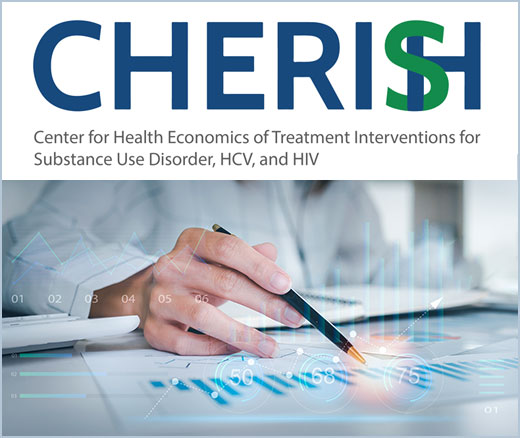
New Model Predicts Stimulant Overdose Risk Among Medicaid Patients
LDI Fellows Used Medicaid Data to Identify Individuals at Highest Risk for Cocaine- and Methamphetamine-Related Overdoses, Paving the Way for Targeted Prevention
Substance Use Disorder
Blog Post

As private equity (PE) continues to expand into the U.S. health care system, a recent study from Senior Fellows Jane M. Zhu, Marissa King, and colleagues reveals significant state-by-state disparities in PE ownership of mental health and substance use disorder facilities. The findings raise critical questions about the implications for access and care quality.
As of July 2023, PE-owned mental health facilities are most prevalent in states like Colorado, Texas, and North Carolina, where PE ownership exceeded 20% of all mental health facilities, while several states, including Arkansas, Hawaii, and Rhode Island, have no identified PE activity in mental health care.
Similarly, PE ownership of substance use disorder facilities is notably high in Virginia, Alabama, and Tennessee, with penetration ranging from 18% to 22%. In contrast, states like Hawaii, Oklahoma, and Wyoming have not experienced PE acquisition of substance use disorder facilities.
This geographic concentration of PE ownership raises important questions about access, quality, and costs, and whether short-term financial incentives may impact patient care. The study underscores the need for ongoing scrutiny of how this trend might impact the broader landscape of mental health and substance use disorder treatment in the United States, given high demand for services and well-documented access gaps. The authors note: “it is yet unclear how PE’s short investment time frame (usually within 3-7 years) and distinct business model could intersect with a national behavioral health crisis.”
See the full study to learn more.
The study, “Geographic Penetration of Private Equity Ownership in Behavioral Health,” was published on May 1, 2024 in JAMA Psychiatry. Authors include Jane M. Zhu, Emmanuel Greenberg, Marissa King, and Susan Busch.


LDI Fellows Used Medicaid Data to Identify Individuals at Highest Risk for Cocaine- and Methamphetamine-Related Overdoses, Paving the Way for Targeted Prevention

Penn and Four Other Partners Focus on the Health Economics of Substance Use Disorder

Penn Medicine’s New Summer Intern Program Immersed Teens in Street Outreach Techniques

LDI Experts Offer 10 Solutions to Get More Help to Seniors With Addiction

More Flexible Methadone Take-Home Policy Improved Patient Autonomy
Research Brief: LDI Fellow Recommends Ways to Increase Availability